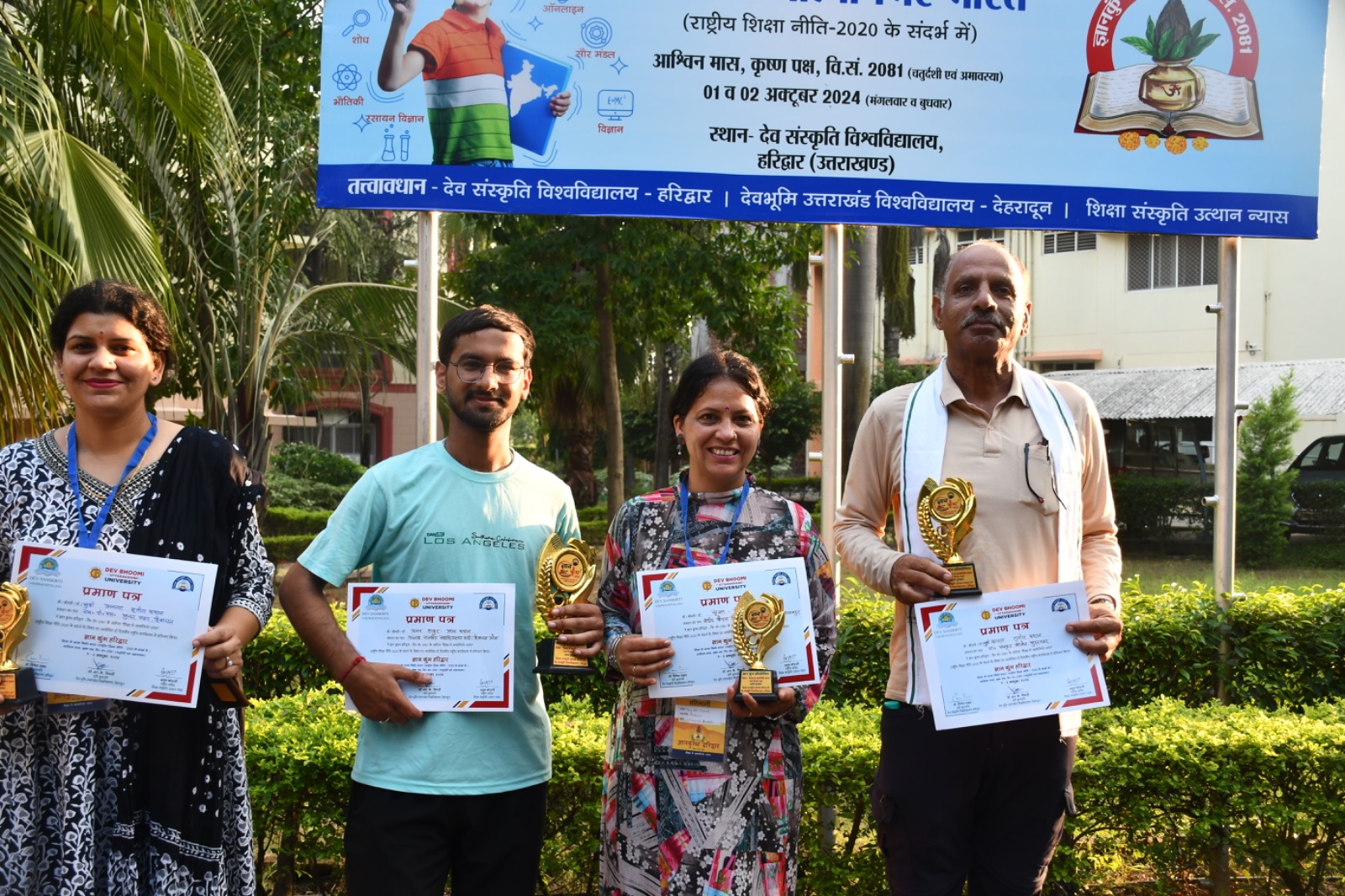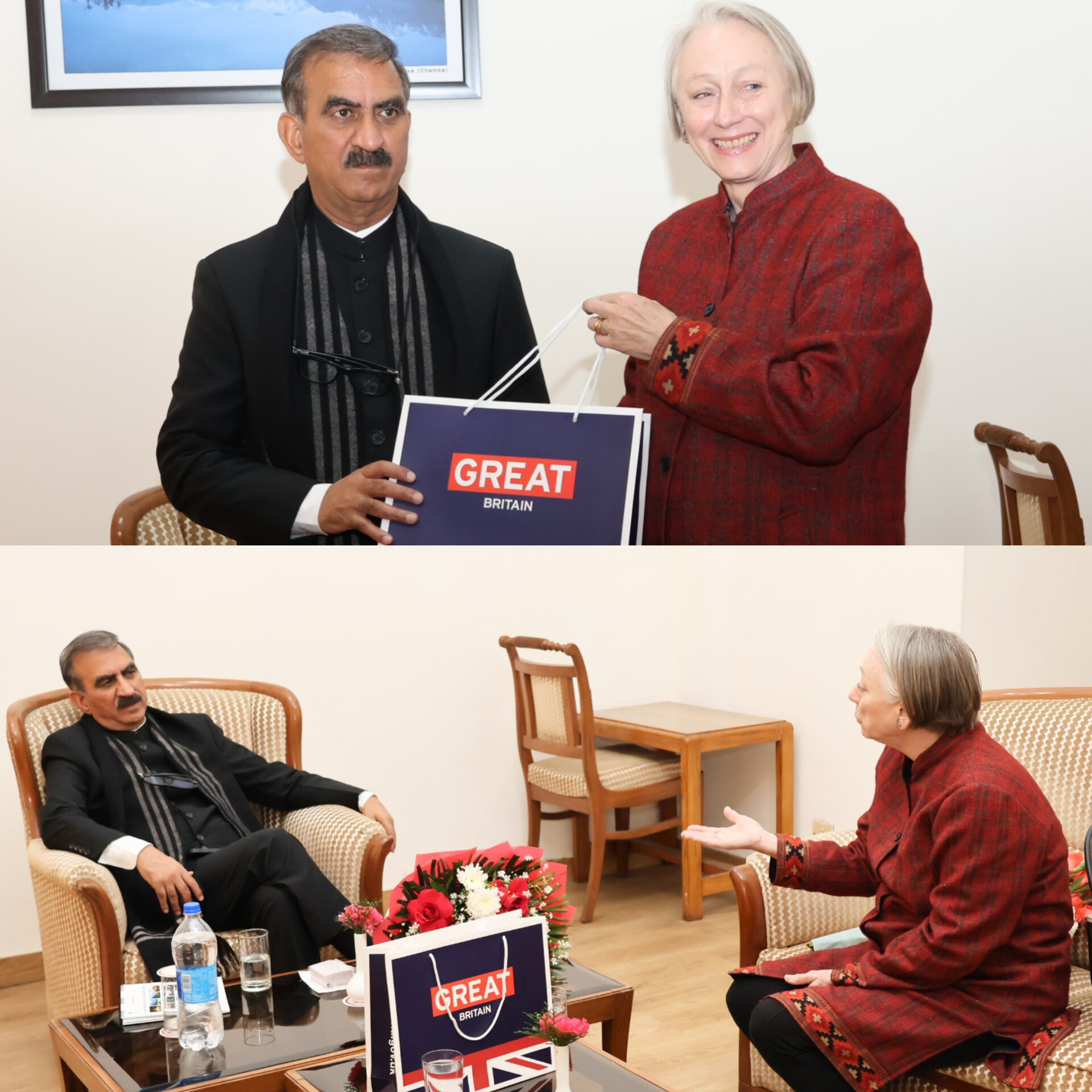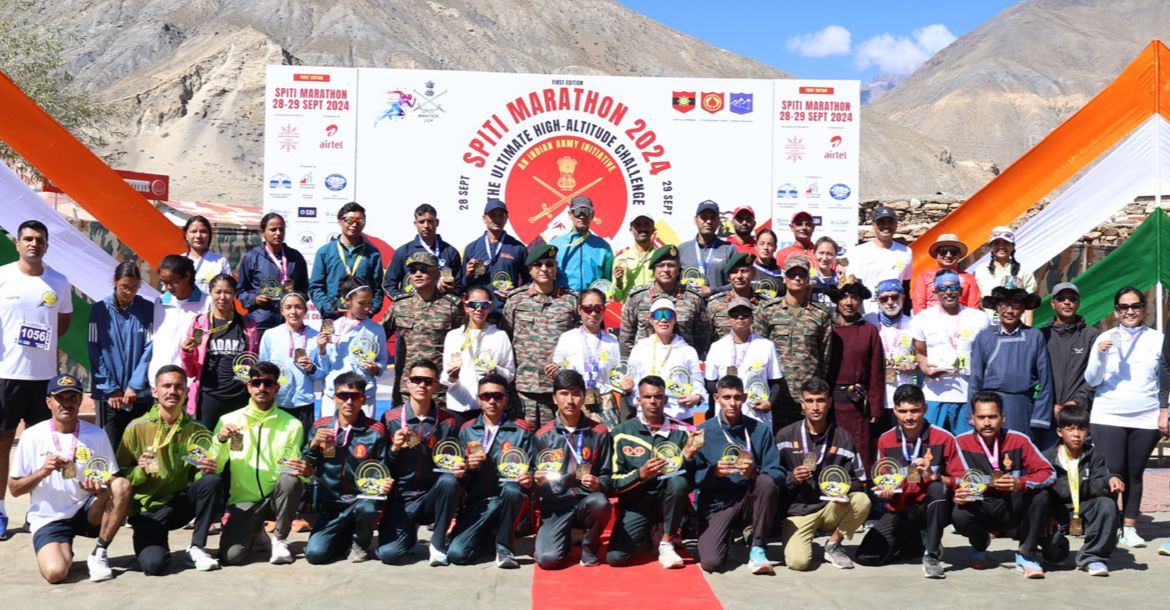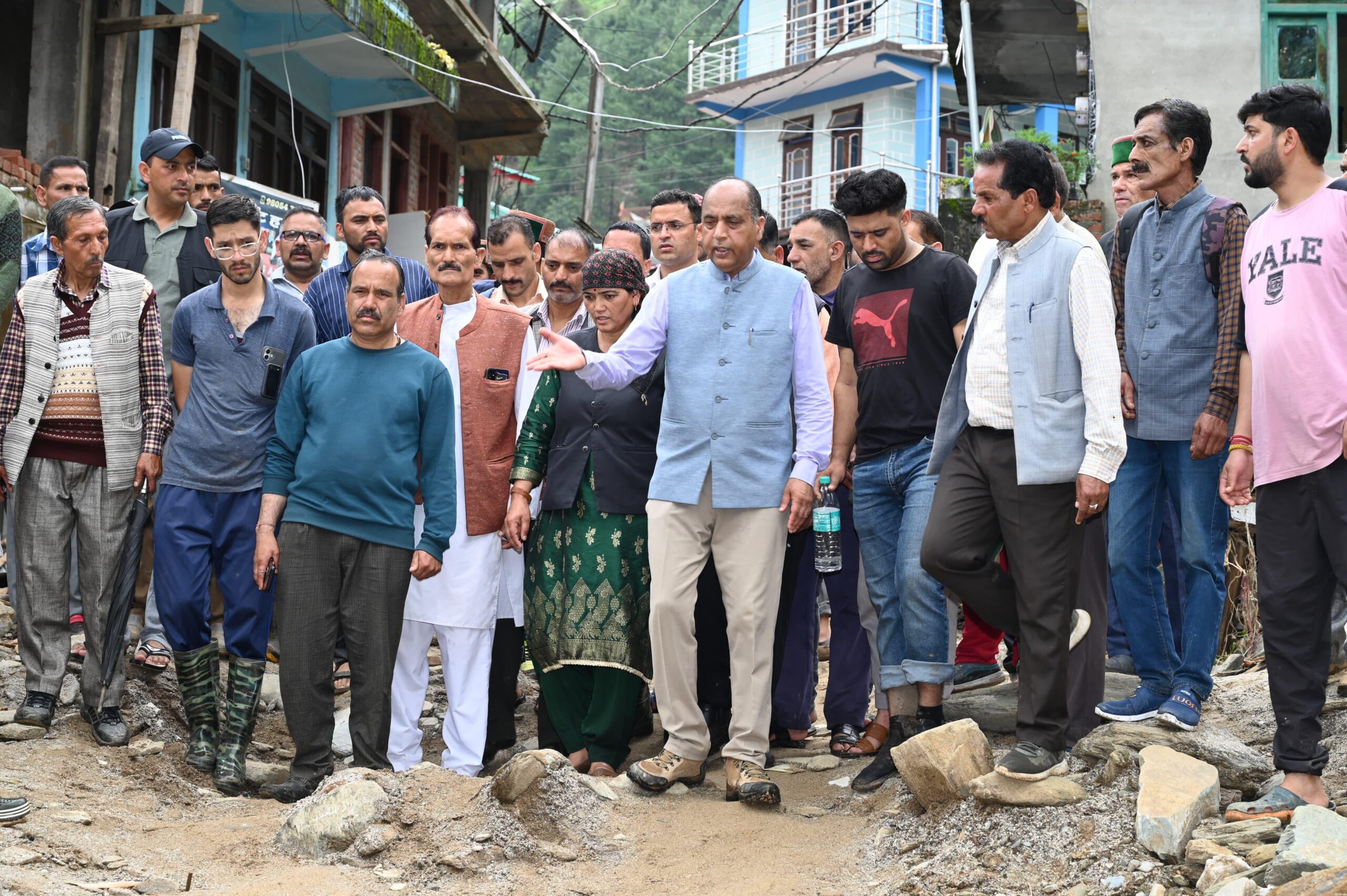Experiencing Gyankumbh: A Confluence of Minds in Haridwar: Dr. Tara Devi Sen.
Shimla:
I recently had the privilege of attending Gyankumbh, organized by Dev Sanskriti University in Haridwar—a remarkable event aimed at reinforcing India’s traditional knowledge system by bringing together educators, students, and policymakers. It was an invigorating experience that left a lasting impact. Accompanied by two of my students, one of whom had won first prize in an online quiz competition, we were eager to immerse ourselves in the intellectual and cultural vibrancy of the event.

As we stepped into the beautifully landscaped campus, my student Kanan asked whether the university was private or government-run. Without hesitation, I remarked that such a meticulously maintained institution could only belong to a private or autonomous body. This casual observation sparked a deeper reflection—why do government institutions often struggle with campus management when compared to private ones? It was a question that lingered in my mind throughout the event.
Upon reaching the auditorium, I was struck by a powerful sight: over 2,000 individuals—students and faculty alike—entered the hall after respectfully removing their shoes. This collective gesture of humility set a reverent tone for the day’s proceedings.
The inauguration ceremony was equally inspiring. The Education Minister of Uttarakhand, Dr. Dhan Singh Rawat, and the university’s Vice-Chancellor commenced by visiting the exhibition. Here, I had the honor of showcasing my work focused on women’s empowerment, livelihood promotion, and the value addition of traditional herbal recipes.
Presenting my initiatives on such a prominent national platform, alongside other exhibitors from North India, was both thrilling and deeply rewarding.
A highlight of the event was the address delivered by Pro Vice-Chancellor Dr. Chinmay Pandya. His words felt like a divine discourse on the richness of India’s traditional knowledge system. Dr. Rawat also shared the innovative strides made in the education sector, such as the introduction of an Indian dress code at convocation ceremonies, which has now been adopted by universities across other states as well.
A truly unforgettable experience was my visit to Shri Ram Smriti Upvan, a sacred medicinal garden within the university. My eagerness led me to enter the garden without first removing my footwear, but my student Bhavana kindly stopped me, reminding me of the tradition. Walking barefoot along the acupressure-embedded pathways, I was amazed at how the design promoted well-being. The garden, home to the Navgrah Vatika, Rashi Vatika, and countless medicinal plants, felt like a sanctuary for holistic health. Despite my brief stay, I was deeply moved by this treasure trove of botanical knowledge, though I regretted not having more time to explore the entire campus.
In the evening, we attended the Ganga Aarti—a spectacular display of devotion along the sacred river. As I stood among the large crowd, I was struck by two contrasting thoughts: the sheer power of religious faith and the daunting challenge of managing such large gatherings in a country with a rapidly growing population. This prompted deeper reflections on the broader challenges India faces—how do we ensure quality living conditions for all? How do we manage our limited resources in such a vast democracy?
The event culminated with a prize distribution ceremony, presided over by Dr. Lakshmidhar Behera, Director of IIT Mandi. His closing remarks were profound, as he outlined three key challenges that India must address in the coming years: providing nutritious food for all, improving healthcare, and maintaining a clean environment. His words resonated with me, emphasizing how interconnected these challenges are and the need for holistic solutions. Tackling one without considering the others is impossible, and these thoughts stayed with me long after the event concluded.
Gyankumbh was more than just an intellectual gathering; it was a space where critical questions about India’s future were raised, particularly in relation to the role of traditional knowledge and education in addressing the needs of our growing population. As I left Haridwar, I felt a renewed sense of purpose, ready to contribute to these vital conversations about shaping India’s future.
Writer of this news article is Dr. Tara Devi Sen, Head of Department of Botany in Vallabh Government College Mandi HP. (The views expressed by writer is her personal experience.)




